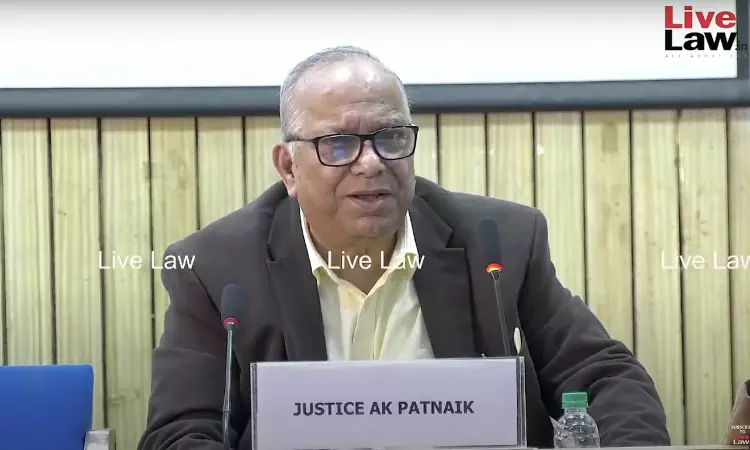In a thought-provoking address, retired Supreme Court Justice, A.K. Patnaik, highlighted the significance of the Supreme Court regaining sensitivity towards the plight of undertrials languishing behind bars and maintaining a conscious approach to upholding the liberties and rights of the common people.Speaking at the seminar on 'Judicial Accountability' organised by Campaign for...

